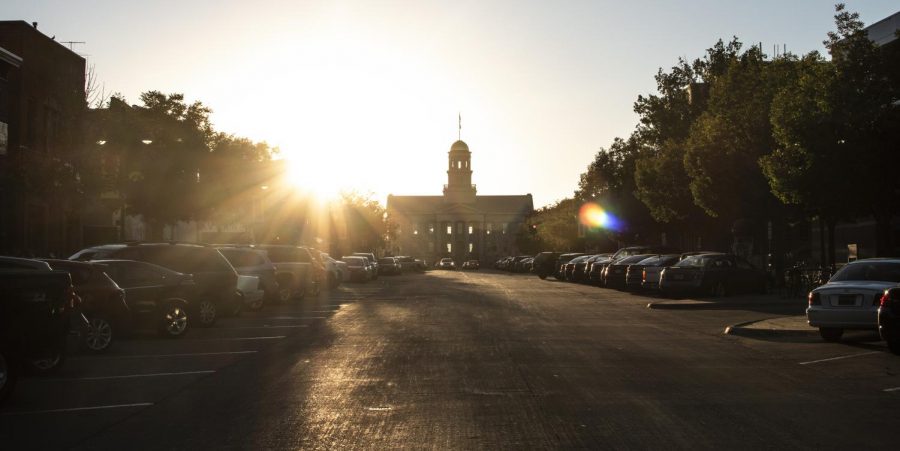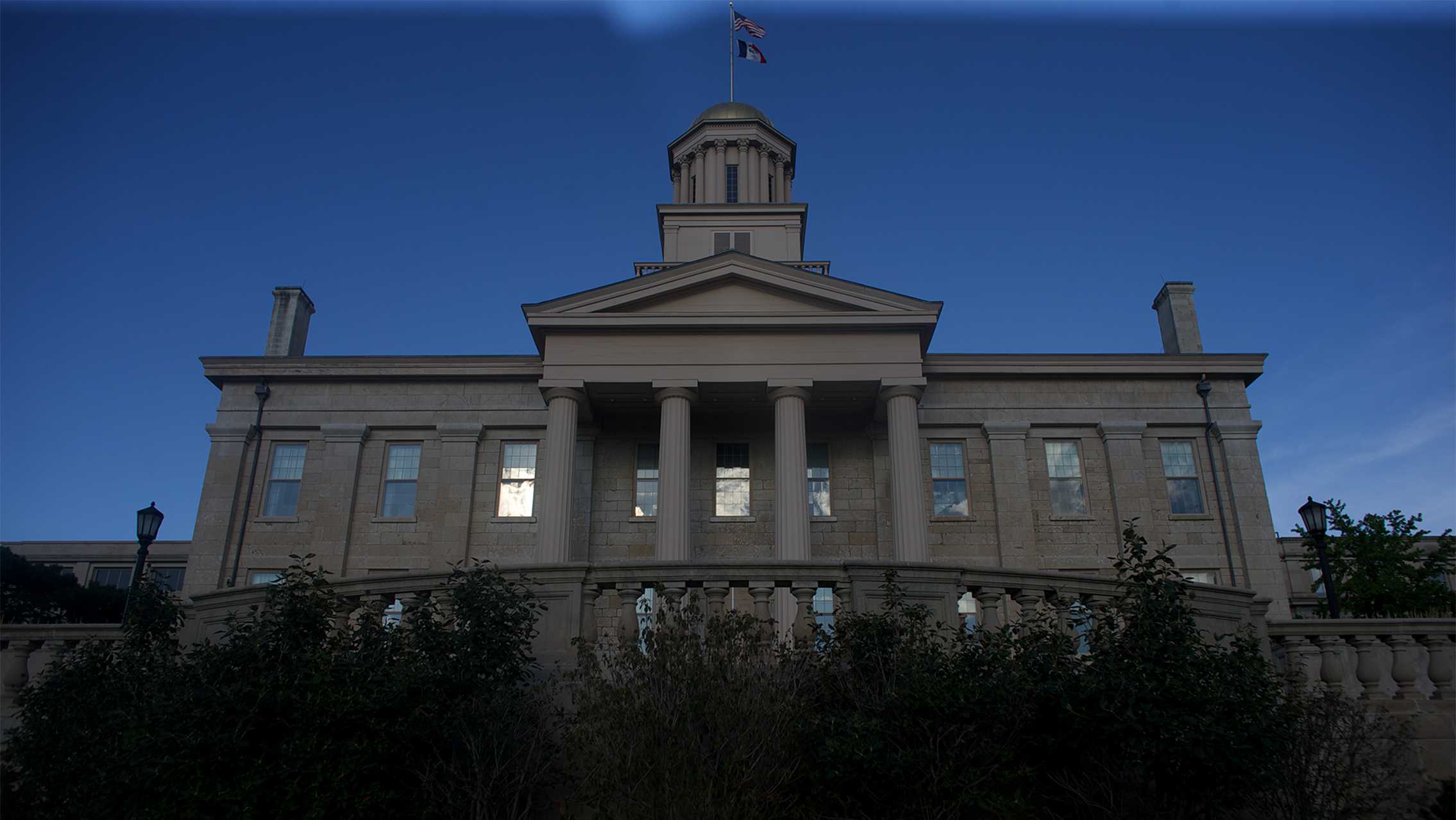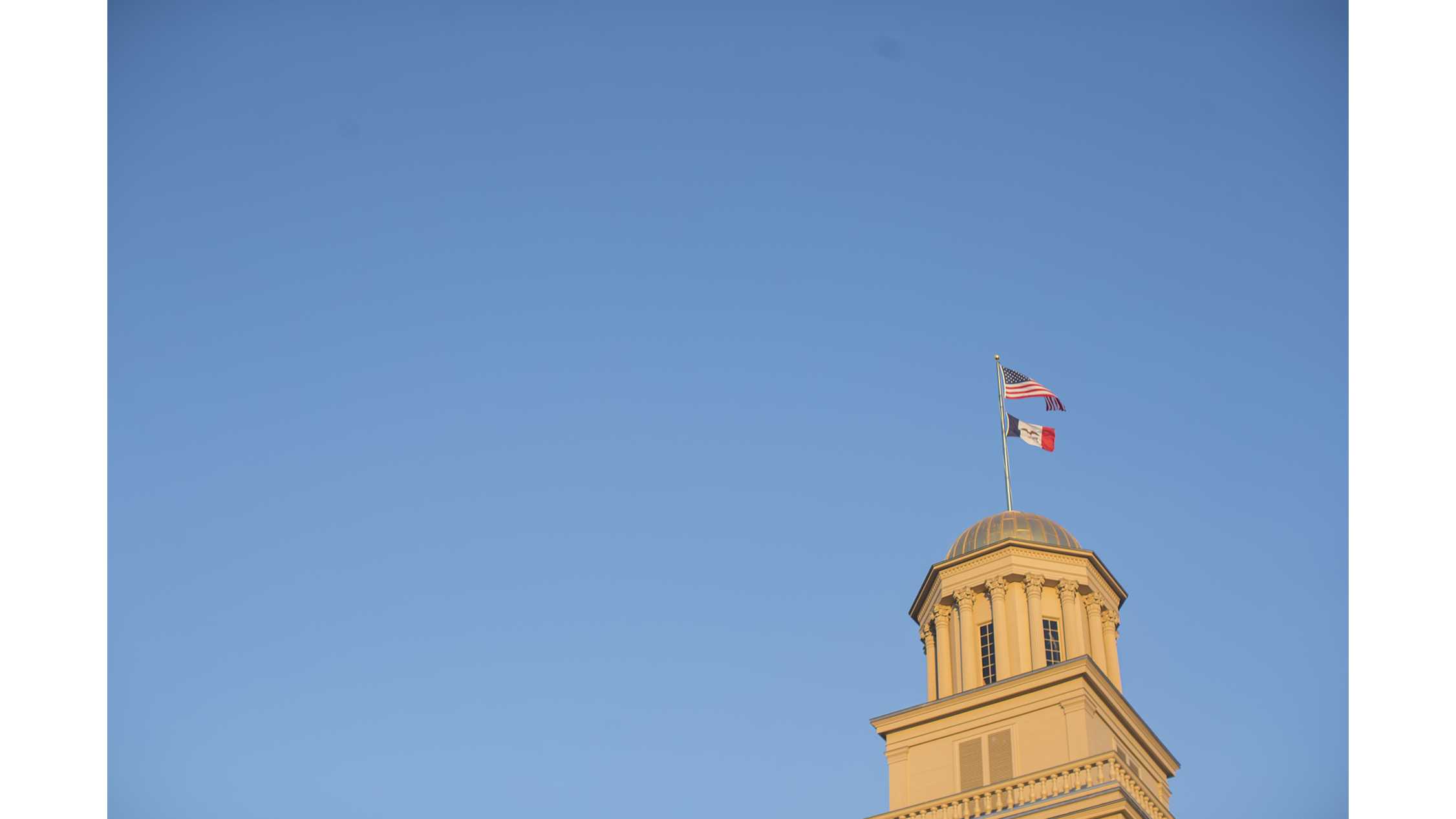Guest Opinion: Why not be Phil?
Susan G. Assouline shares how philanthropy impacts education on all levels.
October 3, 2018
How could anyone involved in education not be Phil? This question flips the theme of why “we are Phil.” However, the former better expresses my perspective toward giving and, specifically, my primary area of giving — the Belin-Blank Center in the University of Iowa College of Education.
There’s no doubt my professional life as an educator — including the past three decades at the Belin-Blank Center — wouldn’t exist without Phil. Without philanthropy, not a single member of the large Belin-Blank Center staff would play the role in education they currently enjoy, nor would they have the impact on the vast educational stage they currently experience.
Seeing the power of philanthropy firsthand has been one of the most gratifying aspects of my career. Knowing our donors is a privilege and the stewardship of their generosity is an honor. Much of what we do at the Belin-Blank Center, and in education in general, would not be possible without philanthropy. Without philanthropy, the potential loss to the individual — and society at large — is huge. That’s why my colleagues at the center work so hard to maintain and grow the center’s programs, service, and research. We make a difference and philanthropy is at the heart of our service.
RELATED: Guest Opinion: Where there’s a Phil, there’s a way
I am a lifelong educator because addressing the world’s current problems depends on education. Educational scholarships, unique educational programs, and essential educational services are only possible through philanthropy. I don’t view my efforts as giving back; I’m giving forward.
Philanthropy is not an end in itself. Although the word is a noun, I think of it as a verb — a conscious action. Philanthropy, or giving to something that is not required (unlike paying taxes), feels great because you are giving to something that makes a difference. I believe we are given our unique skills and abilities to make the world a better place and to build something. Philanthropy has allowed me to make the world a better place and, ultimately, it is an honor to be counted among those who build through giving.
RELATED: Guest Opinion: Philanthropy’s impact exceeds expectations
David Belin, a cofounder of the Belin-Blank Center, makes an important connection between knowledge and philanthropy:
“Knowledge is important because it leads to wisdom; wisdom is important because it leads to deed; deed is important because it leads to volunteerism and philanthropy, which make this nation great.”
The University of Iowa is an institution of knowledge. How could anyone involved in education not be Phil?
— Susan G. Assouline (’75 B.S., ’84 E.D.S., ’88 Ph.D.) Myron and Jacqueline Blank Endowed Chair in Gifted Education; director, Connie Belin and Jacqueline N. Blank International Center for Gifted Education and Talent Development






